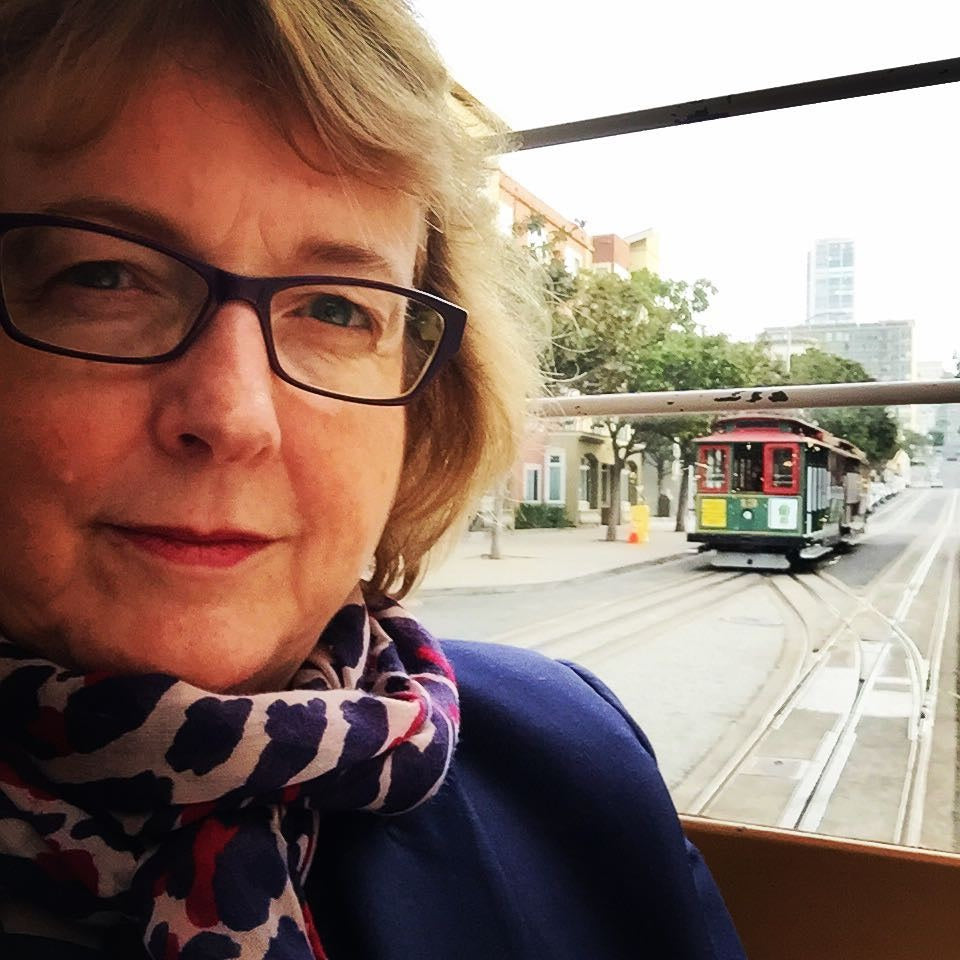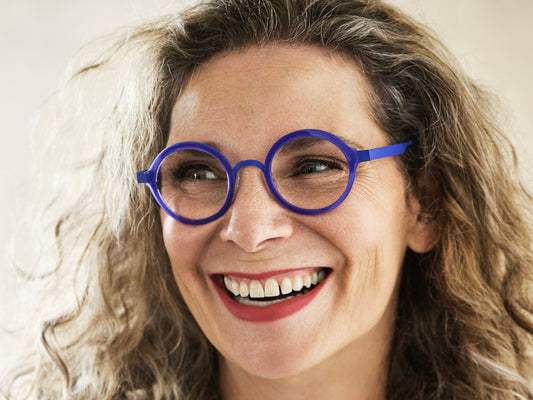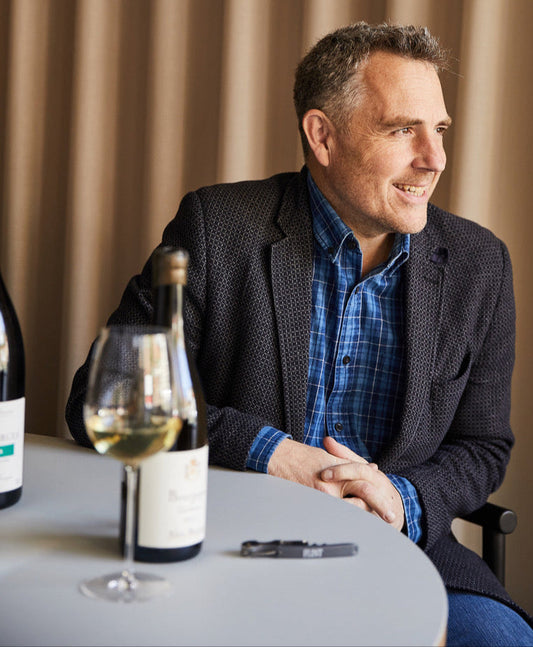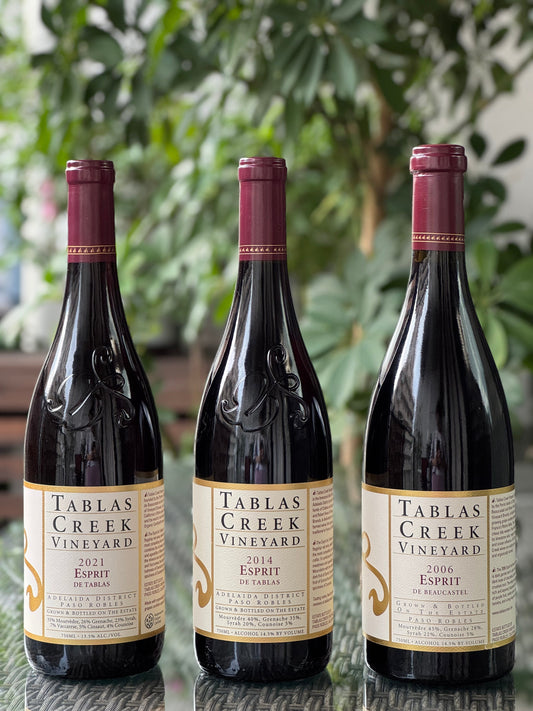Sarah Jane Evans MW is a wine communicator and writer. She is co-chair of the Decanter World Wine Awards, a contributing editor for Decanter magazine and chair of Spain’s Gran Orden de Caballeros del Vino. A winner of the WSET Outstanding Alumni Award, she has written several books on Spain, including The Wines of Northern Spain, for the Classic Wine Library, of which she is one of three series editors.
How long have you been writing about wine?
Almost 30 years.
What’s your first memory of wine – how old were you, where, when and what?
I was here at home in Dulwich (we live in what was my childhood home). My father and some friends put a huge barrel of wine in the garage and few weeks later they used a tube to syphon a liquid into the bottles and corked them. The women glued labels onto the bottles, and waxed the tops. After lunch they all fell asleep on the lawn. There was clearly some link between this liquid and falling asleep. I realise now that this barrel in the garage was only a regular one, but it seemed enormous at the time. My brother tells me that it was a Rhone red.
Which do you think is the most underrated wine region?
Greece, undoubtedly. At Cambridge I did my Part I in Classics, and I have always been more in love with Greece than Rome. The best Greek wines now are terrific, but Retsina casts a dark shadow over their glory. The number of people – including wine professionals – who still think Greece means only Retsina (and of Retsina as it was then and not as it is now) horrifies me. I owe a great deal to Mary Pateras of Eclectic Wines, who has introduced me to so many of the great Greek producers over the last 20 years.
If you had to drink wine from one region for the rest of your life, what would it be?
I always shy away from this question. What excites me is the next wine I am going to encounter. The wine world is so wide and varied, there is always something wonderful round the corner. Tonight we have been enjoying some Japanese Koshu wine. Tomorrow I am off to a big importer tasting where I am sure to be surprised.
Who is/was your mentor?
I have had 3 or 4 careers: book publishing, magazine publishing, writer/journalist, Master of Wine – and parent. Each one would have needed a different mentor. The person who has been with me through all of those careers is my husband Richard, as we have been married such a loooong time. He has been a terrific source of advice, wisdom, moral support. He’s also always been the second opinion on a glass of wine, and an excellent travel companion.
Which of your achievements in wine and elsewhere are you most proud of?
I was exceptionally proud of becoming a Master of Wine (in 2006). And I’m so proud of all those who make it through the study programme. I was chair of the Institute of Masters of Wine (2014-2016) and one of my priorities was to broaden the student base and increase the pass rate. It’s not easy. When I studied, the programme was unfriendly, and students came from a very narrow range of backgrounds and countries. I think so much has been done to make it more accessible, and the executive team is really committed to growing the membership.
I should add that in January 2024 the Spanish Ambassador, José Pascual Marco, gave me the decoration of the Officer’s Cross of the Royal Order of Isabella la Católica, which is given to foreigners for their work with Spain. I was very touched to receive this. I had not studied for it, or worked for it – it just came out of the blue. We had a great dinner with some excellent Spanish wines and family and friends from the wine world.
I was very proud when my first book was published, a history of Seville [in 1992]. It was a pleasure to write and I am glad to say was very well received. I am still as excited by going into print as I was then. That’s why it is great to be involved with the Classic Wine Library. I love the opportunity to commission experts I respect in the world of wine and give them the chance to write at length on their special subject. I love the whole publishing process, down to the detail of the editing.
What would you have done differently?
Professionally, I can’t think of anything. I recognise I am fortunate to have had the opportunities I have had, and to meet the people I have met. Personally, I wish I could have learned to love filing and putting things away.
If a handbag can be worth £30,000, then so can a wine. Discuss.
Good question, but not for me. I am all about communicating the pleasures of wine, the people who make it, the places they grow the vines. In the time it takes to answer that question, I’d rather grab a couple of glasses, uncork a bottle and share it with another. We can discuss what’s in the glass.
Which is more important in a wine, aroma or texture?
There’s so much more to a wine: the place, people, the history, the society, the politics. All of that comes into its appreciation. I’ll choose texture, though it’s a word we only started to use in fairly recent times. It has become an extra dimension for describing the fascination of a wine. But I’m careful where I use it. You can sound ridiculously showy using words like ‘mineral’, ‘texture’, ‘sapid’. I can use all of them in the right context, but I need to remember the audience I am writing/speaking for.
What’s your motto?
I don’t have one – it sounds to me like something you might find in a Christmas cracker. But if I did, ‘make a difference’ would probably sum it up. I can apply this to clearing my untidy desk, to the way I approach my masterclasses, the intent with which I approach my writing, or simply creating a warm welcome for friends.




